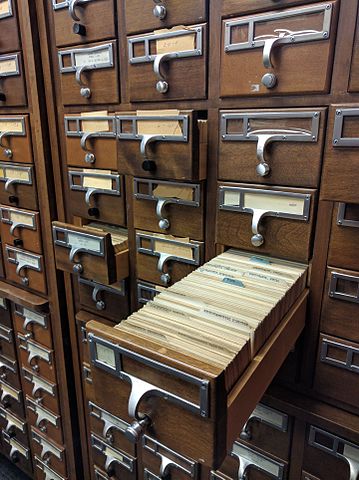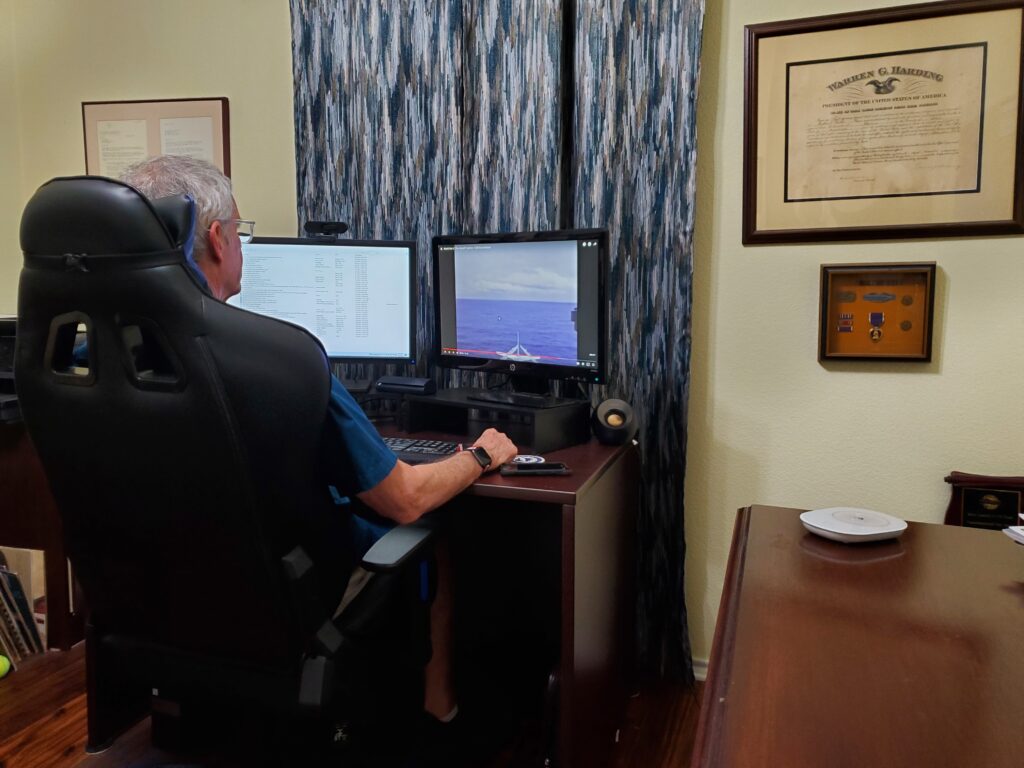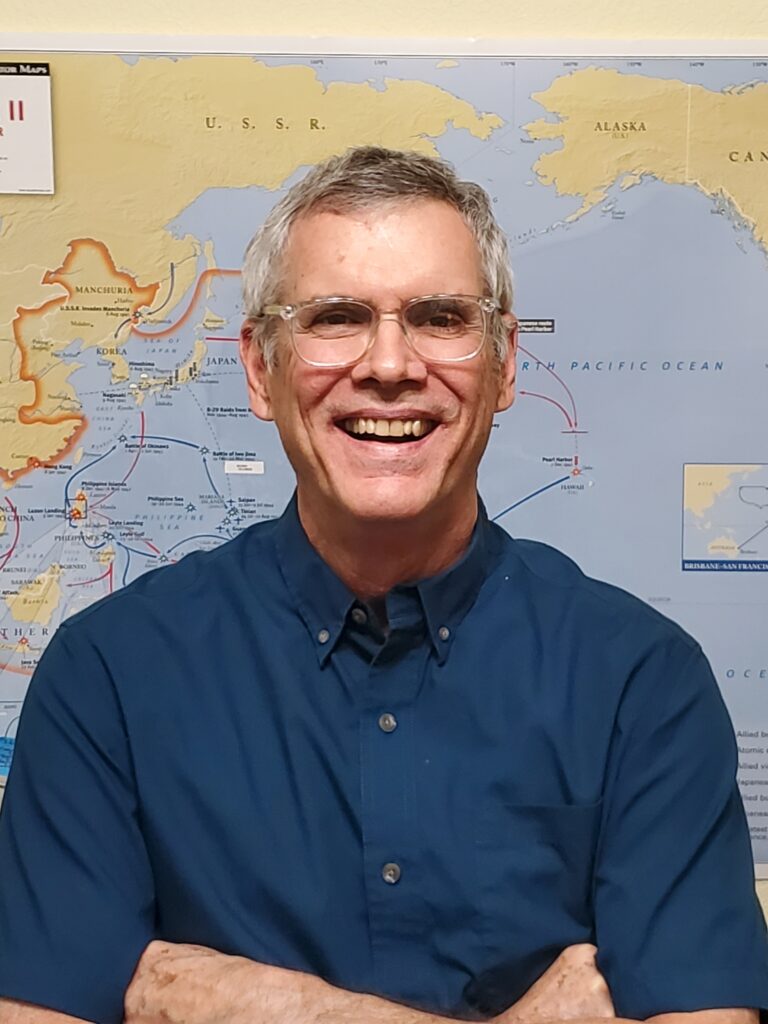How Being a Continuous Learner Helps Research My Book on USS Franklin
Being a continuous learner has kept me focused on writing my first book about USS Franklin. I have always been a voracious reader of many topics, and, thanks to my earlier careers,  I have a generalist’s knowledge of marketing, social media, writing, and other topics.
When I started,  I had no idea how much I would have to learn on topics such as marketing, writing, software, “workflow management,†and more. If you want to write a book on a historical event like I am, you cannot just start doing research and then write the book. It is much more complex than that. If you are a first-time visitor, here’s my project:
MY STATEMENT OF PURPOSE
I am writing the book, Heroes By the Hundreds: The Story Of The US Navy’s Most Decorated Crew, which will examine the events of 19 March 1945 and the impact they had on the US Navy as well as the ship’s crew. The book will examine the captain’s decision to file charges against some of the officers and effectively render hundreds more of the crew outcasts. There are valuable lessons to learn in leadership and crisis management and I want to explore those. The book will raise awareness of the crew’s actions that day and examine why their story isn’t more widely known.
This book differs from others in that it will relate the events and then focus on the evolving strategy of the US Navy in the winter of 1945, leadership successes and failures, and the results and repercussions of these events. That is, it will include the “big picture†of Franklin’s role in it, and how the crew acted and reacted.
Habit Two of Stephen Covey’s book, The 7 Habits of Highly Successful People, is “Start with the end in mind.†Taking his advice, I visualize my book as being a bestseller in its genre and garnering a few awards. It will be factual and add to the existing scholarship on World War II in the Pacific Theater of Operations (PTO).

RESEARCH FOCUS
As a first-time author, I must learn a great deal on a variety of topics. The last time I did historical research was as a college undergrad. My tools were 3X5 cards, the college library Card Catalog, and my green Olivetti manual typewriter. I must learn how to do research that will survive peer review. To that end, I have hired a coach who is a Ph.D., interviewed other academics about research best practices, and read books such as The Princeton Guide to Historical Research.
Last July I wrote a post about dividing my research into three phases. As I’ve learned more about how to research, I have divided my research into six topics:
- The evolution of US Naval Strategy and how it impacted Franklin’s presence off the coast of Japan.
- Events and Timeline-The main actors assemble, how they react, and how they work together (or not).
- The captain’s treatment of some of the crew including his attempt to court-martial seven officers and his banishment of other crewmembers.
- Examples of leadership-There were examples, positive and negative, throughout the ranks and on other ships, not just Franklin.
- The evolution of damage control throughout the war and the role it played in saving the ship.
- The repercussions to the crew, and the changes the Navy made because of the attack.

PRIMARY TOOLS
To help me with my research, I have moved beyond 3X5Â cards and the card catalog. Here are some of my tools:
Zotero is free software that captures and organizes notes and citations.
Obsidian is a personal knowledge management system, which helps me organize my thoughts, capture ideas, plan my workflow, and so much more. I am using the free version.
Microsoft Word, which I use for most of my writing (I outline and write some drafts in Obsidian). I occasionally use Google Drive when I want to move to another computer. My primary computer is a refurbished Dell Desktop I bought at Discount Electronics several years ago. I use an Asus tablet/ laptop as my backup when I want to go mobile or download photos from my digital camera. I back up to Microsoft OneDrive and to an external hard drive. I use a two-monitor setup.
I had the pleasure of talking with Craig Symonds, a former professor of history at the US Naval Academy and author of many books who advised me to practice writing daily. I’ve heard this from my coach as well as others, and I try to spend 30 minutes a day doing that.
I have learned that authors will have an easier path to finding a publisher or selling their books if they self-publish by having a highly visible author’s platform including a newsletter mailing list. This means I must devote substantial time to marketing and writing rather than research. Because research is learning and learning is a passion of mine, I sometimes find it frustrating when I must spend time on marketing instead of research.

MY WORKFLOW
I have tinkered with my workflow several times. Currently, I try to do my marketing on Mondays and Tuesdays leaving Wednesdays and Thursdays for research. Fridays, I have some administrative tasks to perform such as doing a weekly review and setting goals for the following week. When I finish those, I will try to do more research.
The task I like least is the recording of notes into Zotero. It’s not the software’s fault, I either must spend time typing my notes into Zotero or sometimes I try to scan them using my iPhone and then copy and paste them into Zotero. But that can be just as time-consuming as typing. I must do this if I am to be taken seriously and to add to the scholarship.
Every system designed by human beings has its downsides and I am not complaining. I’m enjoying the Hell out of what I do. I look forward to “going to work†every day.
That’s my story; I’m sticking to it!